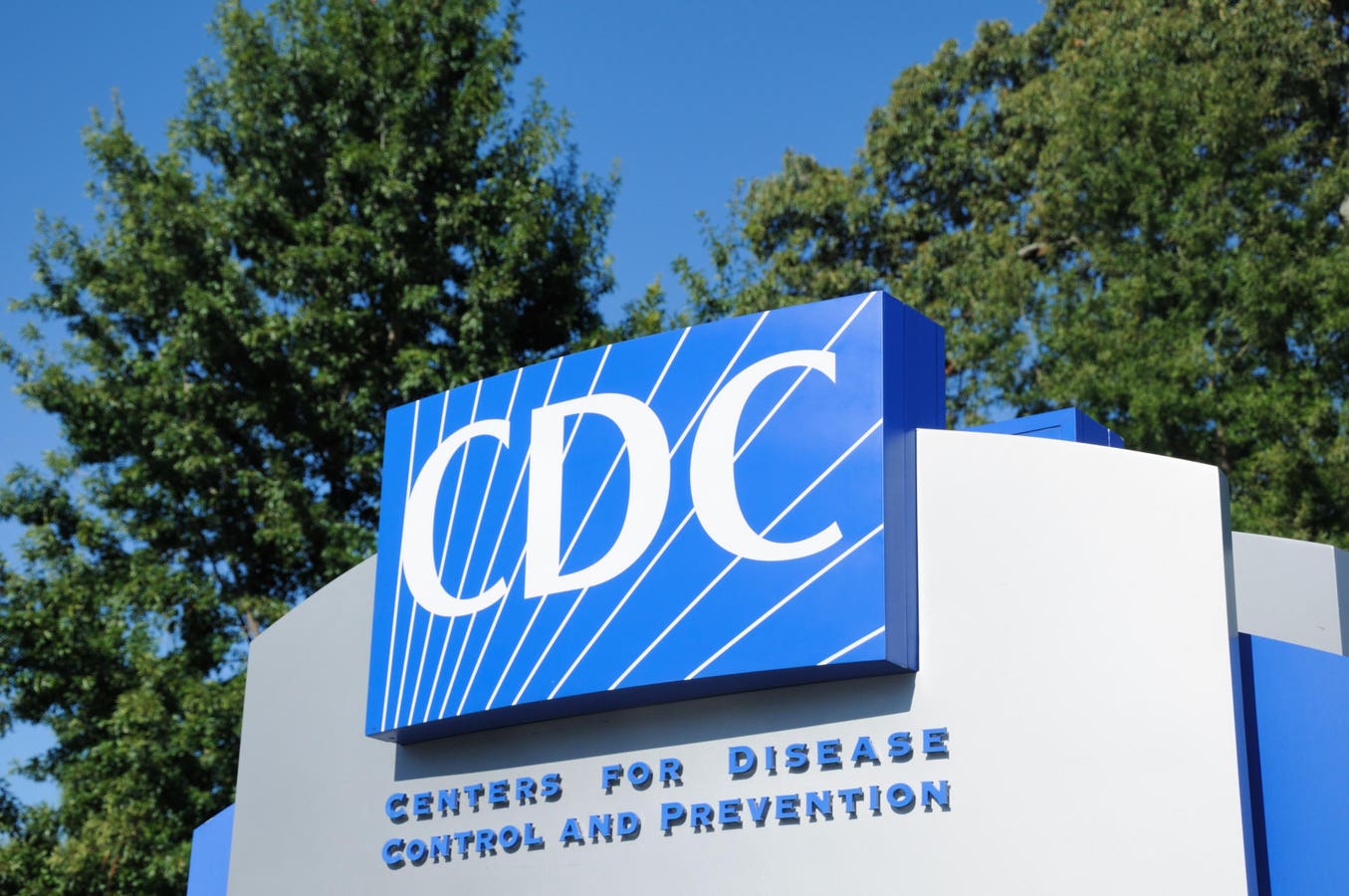The Healthcare Infection Control Advisory Committee of the CDC is revising infection control guidelines for healthcare facilities throughout the country. They have come under considerable criticism from several national advocacy groups over their draft guidelines, which suggest they will weaken protections, particularly for respiratory protection.
Members of the World Health Network looked into the HICPAC’s charter and, as a result, have filed a complaint with the Office of the Inspector General charging Xavier Bacerra, Secretary of the Department of Health and Human Services, Dr. Mandy Cohen, Director, Centers for Disease Control, and Dr. Alexander Kallen, the lead for HICPAC with gross misconduct.
HICPAC’s membership
Kevin Bell, a retired lawyer and member of WHN, explained that the HICPAC committee is in violation of its charter, which requires 14 members; it only has nine. Also, the Federal Advisory Committee Act (FACA) requires that committee memberships be “fairly balanced in terms of the points of view represented and the functions to be performed.” The Act adds, “In balancing committee memberships, agencies are expected to consider a cross-section of those directly affected, interested, and qualified.”
Bell said it was striking to him that the committee was not fairly balanced. He said, “I started looking into that first because the committee doesn’t have one expert in aerosol science on the committee as a voting member.” It was notable that “these guidelines gave such short shrift to the aerosol transmission of Covid,” which is the primary mode of transmission of Covid-19.
The WHN complaint asserts that because of this violation of its charter’s membership requirements, HICPAC’s formal guidance regarding “Preventing Transmission of Infectious Agents in Healthcare Settings” is not considered legally legitimate. Specifically, WHN asserts that to meet FACA, ”the Committee must have in its membership a significant number of experts in fields such as aerosol science, industrial hygiene, UV and HEPA filtration, ventilation engineering, respiratory protection and occupational health and safety. Yet, the Committee does not have even one such member.”
Note: HICPAC reportedly has some of these specialty experts available as consultants. None are listed as members. It is unclear what if any, input they have had on writing the guidances or if they are included for appearances. Seeking to clarify this situation, several requests to interview a NIOSH consultant were made. The CDC refused those requests with no explanation.
Further, there is concern that a significant proportion of the HICPAC members—specifically Erica Shenoy and Shira Doron (and Sharon Wright in 2022)—are coauthors on a prominent article, “Universal Masking in Health Care Settings: A Pandemic Strategy Whose Time Has Come and Gone, For Now in a prestigious medical journal. This article suggests that they were not coming into the meeting with open minds and that they might have unduly influenced the other members.
Bell asserts that HICPAC’s “membership is illegally constituted. To me, that’s a gross dereliction of duty.” Since “the Office of the Inspector General is charged with overseeing these agencies and making them obey the law,” WHN proceeded with the complaint to OIG.
Transparency
The other major concern prompting the complaint is HICPAC’s lack of transparency. As Deborah Gold of California OSHA stated in the August 2023 HICPAC meeting, “Despite repeated requests, we have not seen a draft of the proposed guidelines, we have not seen the minutes of working groups or even of the previous meeting and working group meetings have not been advertised or open to the public.” Similarly, National Nurses United submitted “a FOIA request to the CDC and received 279 pages of redacted documents.” The NNU has decried the lack of transparency as well.
Meeting minutes and presentations are scanty, at best, and do not provide enough detail to allow careful assessment. While the committee has said it welcomes public input, people are being asked to comment on material they have not yet seen.
For example, the CDC media office just told me (10/31) that the draft guidelines to be discussed at this week’s HICPAC meeting will only be posted on the morning of the meeting. It will be available here.
If the committee votes to approve the guidelines (how long have they had to review it, one might ask), it will be submitted to the CDC. The draft will then be posted to the Federal Register for public comment for 60 days, per a CDC spokesperson.
What WHN Wants
The requests from WHN seem straightforward. Appoint voting members to HICPAC with a broad range of experience, as noted above—experts in aerosol science, industrial hygiene, UV and HEPA filtration, ventilation engineering, respiratory protection and occupational health and safety.
WHN also wants HICPAC to open working group meetings to the public and to post presentations and meeting notes promptly. They also want the committee to seek input from frontline healthcare workers, their representative unions, and the patients whom the guidelines will impact.
It would also be constructive for the HICPAC to publish the meeting agendas well ahead of time, and indicate when the committee will likely vote. For example, a number of community members believe that a vote on mask types—whether to switch from N95s to surgical masks—will be done at the November 2-3 meeting, since it didn’t happen in August. The CDC spokesperson assures me that will not happen. As of 10/31, HICPAC’s website says only, “Agenda will follow.”
The CDC and HICPAC could do much to assuage the recent anger directed towards them by improving basic communications.
I’ll report the response from OIG in the future to the WHN’s request that the CDC and HICPAC follow the published regulations.
The CDC is aware of the complaint and has been given an opportunity to respond. No response has been received as of the time of publication.
Read the full article here





